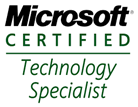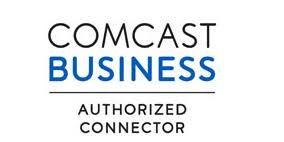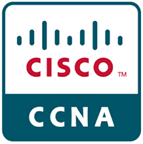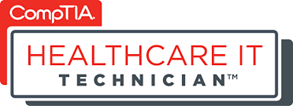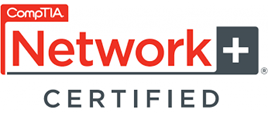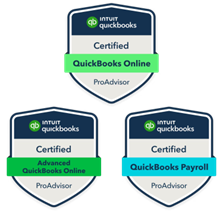Miami-Dade:
(305) 442-0136
Broward
(954) 944-5984
Palm Beach: (561) 357-9859
We Prevent Problems Before They Happen
Enjoy Worry Free IT in South Florida
We manage your business IT so you don't have to
Eliminate stress, minimize expenses and increase the productivity of your business.
When you partner with Computer IT Solutions, your business outsources the management and maintenance of your technology at a fraction of the price of hiring a full-time IT staff.
Our experienced & certified technicians will assess your current IT systems and equipment, identify opportunities for improvement and implement changes to optimize your staff performance. Our team will also perform regular maintenance and monitor your business systems around the clock to prevent problems from arising.
Managed Solutions We Provide Include:
- Daily monitoring of critical systems and processes
- Resolution of Identified Issues; Support delivered by Remote & On-Site Solutions
- Local and off-site basic backup services with updates
- End-user help desk
- Server and network support as well as phone, email, chat and remote assistance
- On-site support during normal business hours
- Reasonable hourly rates
- No travel charges to the primary location
- Management of technical warranties, registrations and subscriptions
- Priority Response for managed clients

How Can We Help?
Contact Us
We will get back to you as soon as possible.
Please try again later.
Making Technology Work For You
South Florida’s Trusted Computer Experts
Data Recovery ● Diagnostic and Repairs ● Security
Managed IT Services ● Custom Built Computers
COMPUTER SUPPORT THAT ACTUALLY MAKES YOU FEEL SUPPORTED

What Our Clients Say

"Like us you are a 24/7 outfit and we can always count on you during odd hours and weekends to resolve emergencies"

Steven Keats
Vice President
Kestrel Global Logistics

Over the past 9 years ComputerITSolutions has been our IT support team here in Miami. Our needs continue to change, and as they have Dan’s provided the infrastructure and technology assuring our ability to mee or exceed our goals.

Jonathan Breene
Founding Partner
The Setai
What You Can Expect
While you focus on your business, we focus on the technology that makes your business run.
When potential issues are detected, we notify you in real-time to ensure the issue is resolved quickly before it causes your business costly downtime.
Our Support Desk is staffed with trained engineers who help your employees overcome their device and system frustrations, so they stay productive and focused on your business.
At Computer IT Solutions, we offer monthly and annual IT support subscriptions.
This service helps your business update its equipment’s functionality as well as maintain files, and if something goes wrong, we provide your business with its own support line.
Our subscription guarantees that any problems you experience are resolved within 48 hours.
Additional Services We Provide
Computer IT Solutions is proud to provide customized Managed IT solutions to businesses of all sizes throughout Miami-Dade, Broward and Palm Beach Counties.
We specialize in creating effective and affordable IT Solutions
- Always On Solutions
- Complete Security Suite Solutions
- Data Cabling Projects
- High-Speed Internet Connections
- Maintenance Contracts
- Managed Computer Services
- On-Call Services
- Phone System Solutions via Cloud
- Special Projects
- System Monitoring
South Florida’s Premier Data Recovery & Computer Repair Company
Business Hours:
Monday – Friday 9:00 am to 5:00 pm
Emergency, Weekend & After-Hours
Appointments Available




Business Hours:
Monday – Friday 9:00 am to 5:00 pm
Emergency, Weekend & After-Hours
Appointments Available




Miami-Dade
15315 Northwest 60th Avenue Miami Lakes Florida 33014
Business Hours:
Monday – Friday 9:00 am to 5:00 pm
Emergency, Weekend & After-Hours
Appointments Available





